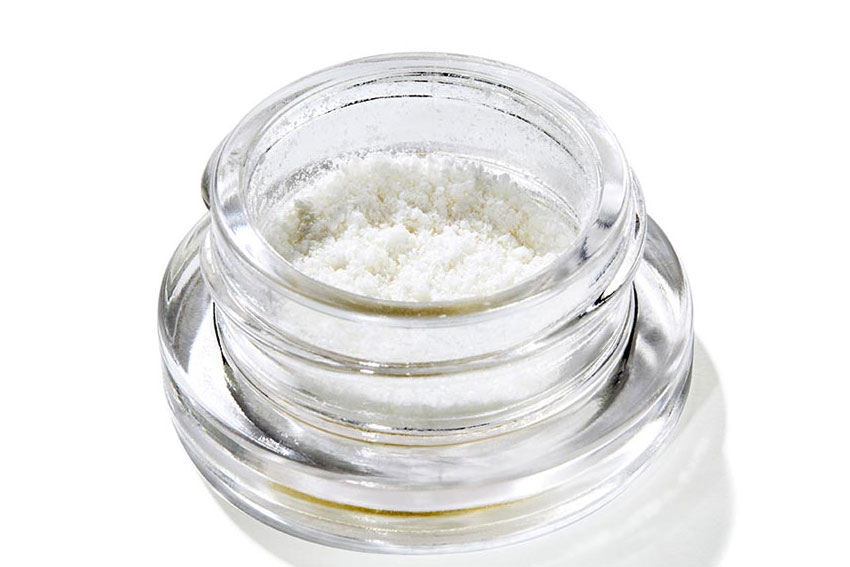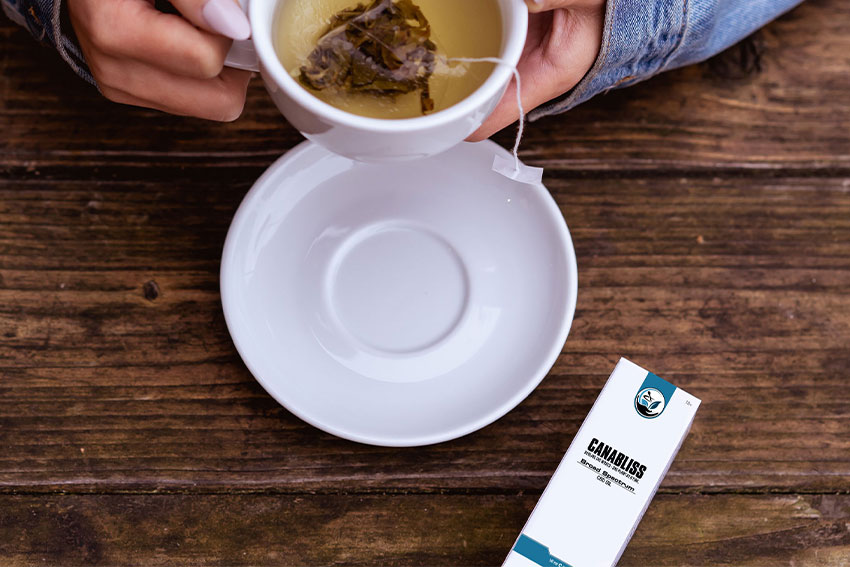
Reduce usage of Opioids
A new pilot study led by a Canadian chronic pain specialist is adding to the growing body of evidence showing that cannabis can help patients reduce their usage of addictive opioid painkillers.
Lead researcher Dr. Kevin Rod recruited 600 chronic pain patients who visited his pain clinic in Toronto to participate in a new pilot study, which was recently published in the American Journal of Psychiatry and Neuroscience. Most of these patients were using an equivalent of 120mg of morphine every day, but 95 of the patients were using higher doses in the range of 180 to 240mg per day.
“Many chronic pain patients are prescribed opioids at doses” that exceed the current guidelines for prescribing opioids established by the Canadian government, the researchers explained. “Tapering the dose can be difficult, as patients fear returning to a state of overwhelming pain.” The study notes that the official guidelines only recommend using a maximum of 90mg of morphine equivalent per day, but most patients are prescribed significantly higher doses.
Dr. Rod created a tapering plan for his patients, reducing daily opioid doses by around 10 percent every one to two weeks. With each reduction in opioid prescription, patients were given a blend of medical cannabis products containing between 4 and 6 percent THC and CBD content. These doses were tapered to increase by 500mg each time the opioid dosage was lowered by 10 percent. By the end of the six month study, patients were consuming between 1 and 3 grams of medical marijuana per day.
Patients were asked to only use medical cannabis sublingually, orally, or by means of vaping. The study participants also received psychological support via the web-based mental health tool Zendose. Doctors monitored each patient every one to two weeks to assess their “pain, sleep, function, quality of life, benefits of tapering, use of non-pharmacological therapies, effects of medical cannabis, opioid risk, and opioid withdrawal symptoms.”
Within six months, 156 patients (26 percent of all subjects) were able to completely cease using opioid medications. Another 329 patients (55 percent) were able to reduce their opioid usage by around 30 percent overall. For another 114 patients (19 percent), medical cannabis did not help them reduce their opioid use, but these patients also did not increase their opioid use during the study.
Out of all 600 subjects, only one subject, who suffered from a “poorly controlled pain and an aggravated pain condition,” increased their opioid use while participating in the cannabis study. “With that one exception, all patients expressed satisfaction with their pain control, sleep and quality of life,” the researchers wrote. “No opioid withdrawal symptoms were noted in follow-up appointments.”
“It is incumbent on physicians to seek ways to reduce harm to patients,” the study concluded. “Those related to the use of opioids are serious, including death… The positive results [of this study] justify further investigation.”
This research confirms dozens of previous studies finding that medical cannabis can help pain sufferers reduce their use of addictive opioids. Numerous studies have found that rates of opioid use and abusehave declined in states with legal medical marijuana programs, and other research has linked the availability of medical cannabis to a decrease in opioid overdose deaths. Another recent study has also found that medical marijuana can also help patients decrease their use of benzodiazepines like Xanax and Valium.


